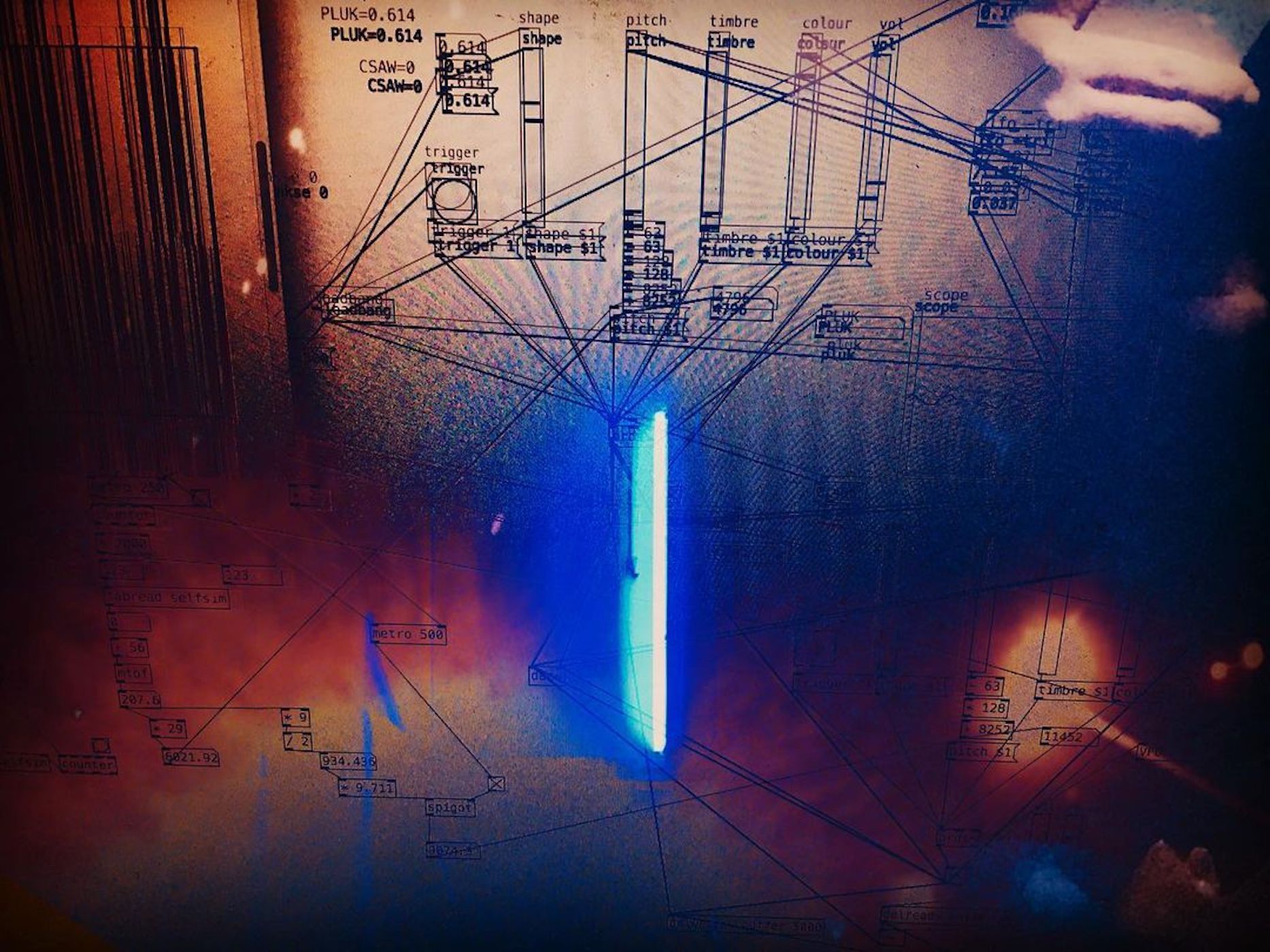I compiled TheTechnobear's mutable instruments externals and made some slightly better helpfiles from the info in orac plugin descriptions and source.
so far only compiled for osx:
Mi4Pd-OSX-x86_64.zip
-
TheTechnobear's Mi4Pd (Mutable Instruments modules) with updated helpfiles
-
@Guillaume It seems like it can't find pd.dll in
PD_CMAKE_PATHfrom what I can tell.
Btw it doesn't seem like windows is supported by the author unfortunately (according to the Readme) -
Arg... This is what I was fear about... So I hope one day someone with more knowledge than me on building will port this on windows
Thanks for your answer
Guillaume
-
I managed to compile in
msys2 MinGW 64-biton win10 after adding this toCMakeList.txtif(WIN32) message("windows support limited") set(CMAKE_CXX_FLAGS "${CMAKE_CXX_FLAGS} -DTEST -fPIC" ) set(PD_CMAKE_PATH "C:/Program Files/Pd") set(EXECUTABLE_NAME mi4pd) endif()also, to force
cmaketo useUnix Makefilegenerator instead of default MSVC
I added file next toCMakeList.txtcalledPreLoad.cmakewith following:set(CMAKE_GENERATOR "Unix Makefiles" CACHE INTERNAL "" FORCE)So,
mkdir build && cd build && cmake .. && makeproduces
DLLsin./release/bin/with some minor warnings, but all audio object causes segmentation fault and crashesPdstraight after enabling DSP. Onlygridsis usable. -
thanx man !
made already some little track with it
- ++++
-
One thing to keep in mind with these externals (unless you have modified them, which I don't know how to do) is that they were created/adapted for use in Organelle, that is, at 44.1K and 16 bits.
The original hardware modules have different and very varied sample rates. In short, I think clouds uses 32k, rings 48k, braids 96k, etc...
They are great externals, I managed to compile them in Linux after looking for some information and since then I haven't stopped using them.
-
I just noticed a few days ago, that shortly after commenting on the forum or even at the same time, a couple of externals (brds and rngs) were updated on TheTechnobear's GitHub.
They can now run at their original sample rate and if not, a message like this now pops up in the console:
"brds~.pd is designed for 96k, not 44100.000000, approximating pitch". -
Hi, looking at the lmnts help file, seems none of the blow or strike parameters do anything...then looking at the code in Github https://github.com/TheTechnobear/Mi4Pd/blob/master/lmnts/lmnts~.cpp#L163-L166, it looks like it's been disabled.
Does that sound about right? Are samples in the actual hardware, therefore subject to copyright stuff etc..?
Of course can make our own impulse..but just struck (no pun intended) me as a little odd.
boonier
-
@boonier I don't think there's any copyright issue as the Mutable Instruments source code is freely distributed... I'm not sure why the code you mentioned was commented out.
I made some changes to the code and built another version:
-
I must be missing something, but both blow and strike parameters have always worked flawlessly for me without having made any changes to the code.
-
Well, this is strange. I've just compared both versions (with and without code changes) on a different machine and these strike/blow parameters affect the sound output for both.

There do seem to be some subtle variations between the versions' responses to strike_timbre but this could just be my imagination.
Not sure what happened here, perhaps a sample-rate issue? In any case, I have closed the GitHub issue for now. I am still wondering if any other users have experienced this behavior.




